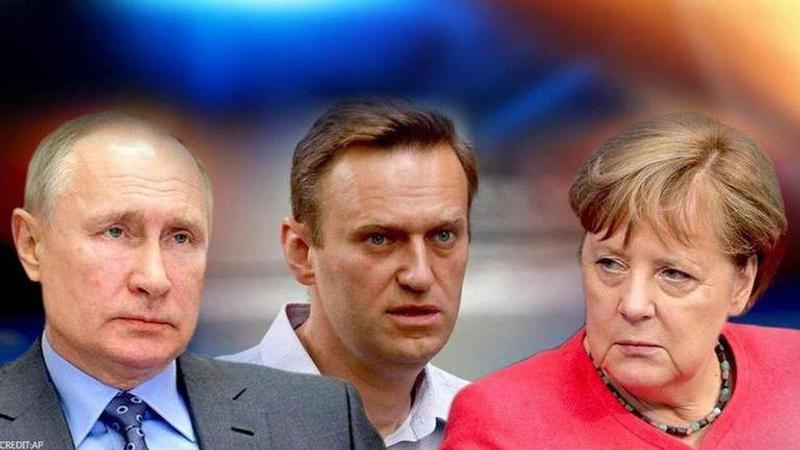Published 14:35 IST, September 9th 2020
Russia says ‘disinformation’ over Navalny’s poisoning being used for new sanctions
Russia said that a ‘disinformation campaign’ over the alleged poisoning of Alexei Navalny was being used to promote new sanctions against Moscow.

Russia’s foreign ministry on September 9 reportedly said that a ‘disinformation campaign’ over the alleged poisoning of Putin-critic Alexei Navalny was being used to promote new sanctions against Moscow. The alleged use of Soviet-era nerve agent to poison the Russian opposition leader angered Western countries. The European Commission had said that any new sanctions on Russia could be imposed only after an investigation could find out the perpetrator.
Moscow, on the other hand, in a reported statement said that the ‘ongoing massive disinformation campaign’ aims at ‘mobilising sanctions sentiment’ and has nothing to do with Navalny’s health. A high-profile critic of Russian President Vladimir Putin, Navalny is currently coalescing in a Berlin hospital. He is now responding to speech and has been out of the coma, the Charite hospital at Berlin announced in a statement. Last week, German health authorities had confirmed ‘unequivocal proof of the presence of a chemical nerve agent from the Novichok group’ after Navalny’s toxicological reports came out.
Russia rejects accusations
However, Kremlin openly rejected accusations that Russian leader Putin was responsible for the poisoning of his political rival Alexei Navalny. In an address to the press, Kremlin said there were no grounds for sanctions to be imposed against Moscow or criminal investigations. It further trashed the allegations of ‘intentional poisoning’ of Navalny by Russian authorities. The Russian government accused the Russian doctors and pro-Kremlin media of the fabrication of the victim’s deliberate poisoning narrative that outraged Navalny's allies who held the Kremlin responsible for poisoning the critic.
Meanwhile, Germany’s chancellor Angela Merkel called for a thorough Russian investigation as the EU, NATO, and several Western governments have asked Moscow to provide an explanation. Russia accused Berlin of failing to share ‘solid evidence’, while the German Chancellor in a presser announced that a German military lab identified and confirmed that the poison in Navalny's system is a variant of Novichok, a Soviet-era nerve agent. EU's foreign policy chief Josep Borrell asked Russia to cooperate with an international probe, asserting, that the 27-nation bloc would not rule out sanctions.
Updated 14:35 IST, September 9th 2020




